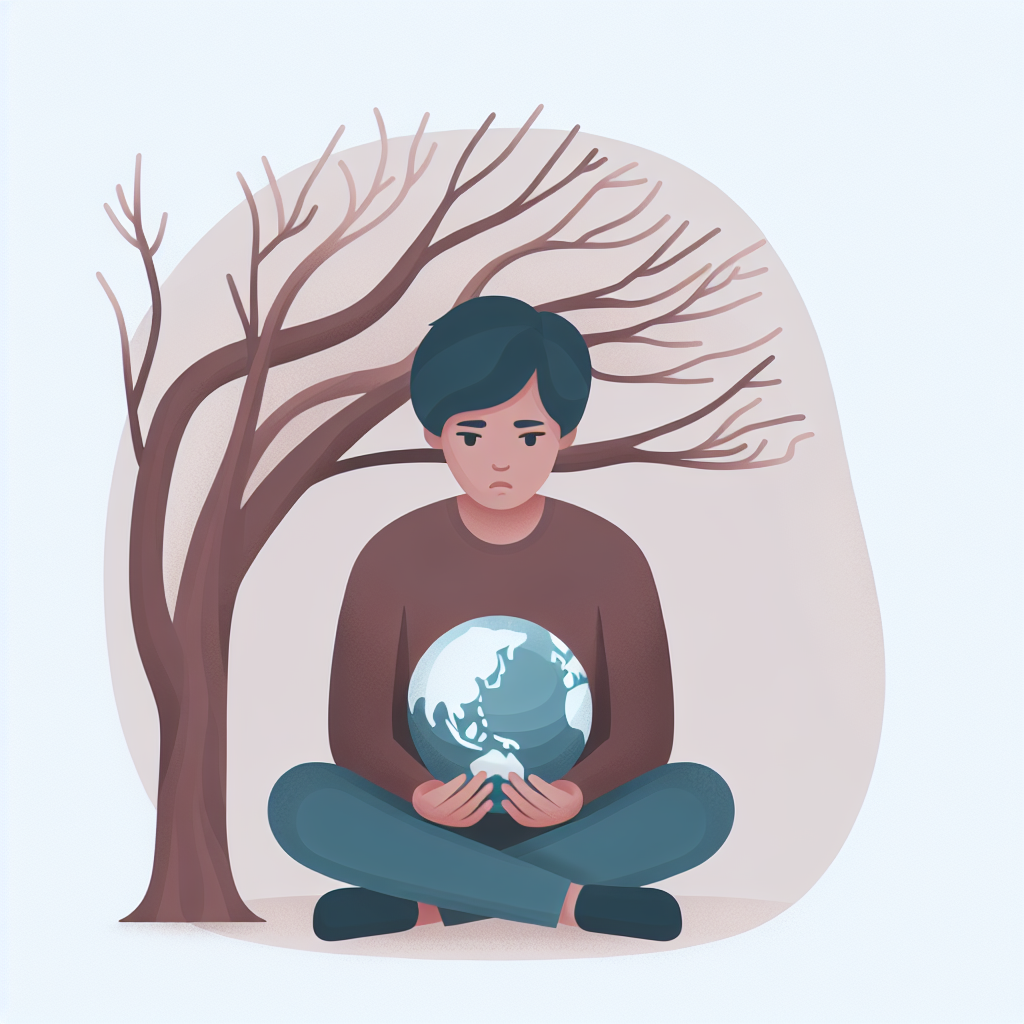Understanding the Correlation Between Global Warming and Eco-Anxiety
As the planet’s climate continues to change at an alarming rate, a new psychological condition termed ‘eco-anxiety’ is gaining recognition among mental health professionals. This type of anxiety stems from the growing concern over the imminent effects of global warming and the future of our environment. But what exactly links these environmental changes to our mental health?
Eco-Anxiety: Trends and Statistics
Recent studies highlight a spike in anxiety related to environmental disasters and biodiversity loss. Various cultural, public health, and psychological theories suggest this phenomenon is a direct response to the awareness of climate change’s irreversibility and its dire consequences.
Strikingly, a global survey shows that a majority of young people are not only aware of environmental disasters but are also actively worried about them, exhibiting signs of eco-anxiety. This evolution in public sentiment is corroborating the concerns mental health experts have regarding the long-term psychological effects of environmental degradation.
Intervention Protocols for Eco-Anxiety
Though still an emerging field, there are rising calls for tailored intervention protocols to manage and mitigate eco-anxiety. Healthcare professionals are exploring various strategies, including psychoeducation about public health and climate-related issues, promoting community involvement, and incorporating principles of sustainable living into daily life.
Furthermore, recognizing the cultural aspects, such as the support of community resilience and the influence of social norms, plays a critical role in forming an effective intervention protocol.
Eco-anxiety, while daunting, is a justified and rational response to global warming. The growing awareness around this condition is paving the way for more comprehensive and inclusive mental health support that acknowledges the profound impact of our changing environment.
Sources: IPAA Interventions, The Global Eco-Anxiety Survey, Journal of Climate Psychology.
